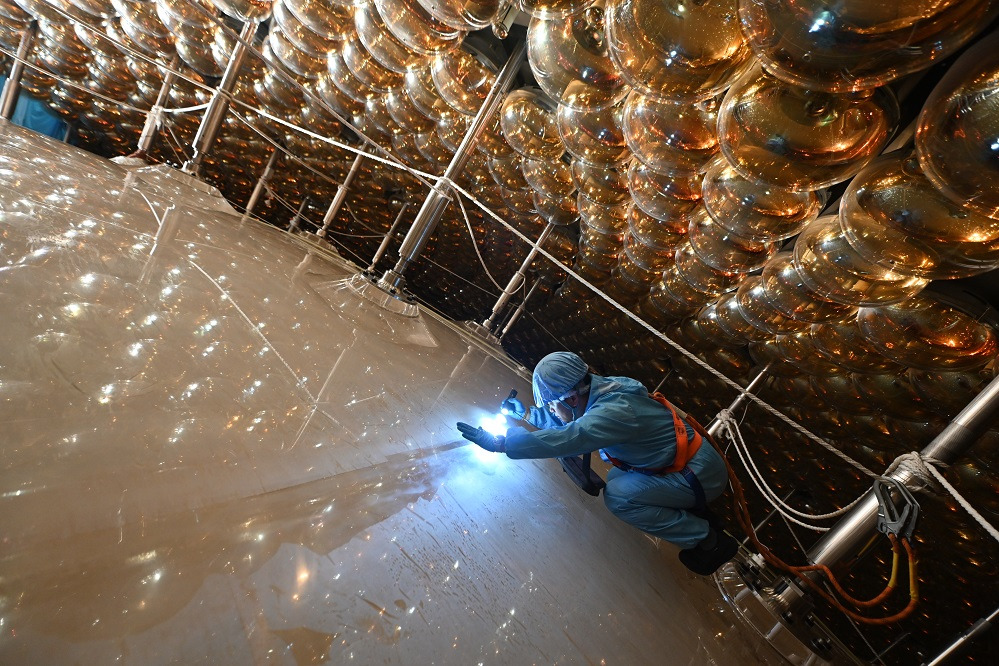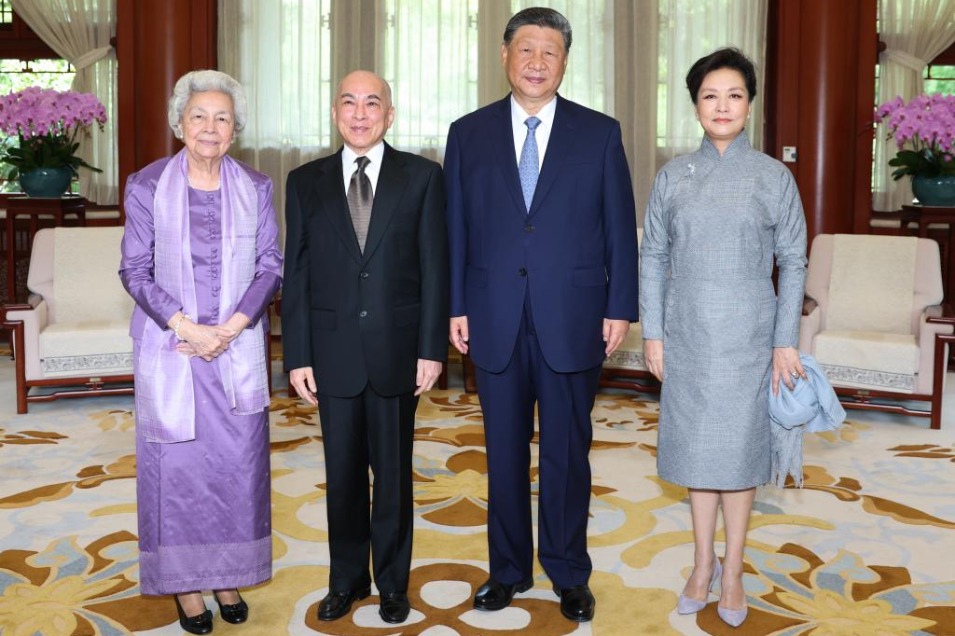Consultative democracy for the people


China has been mapping out the development direction of multitiered and consultative democracy with Chinese characteristics. As a special form of socialist democracy, consultative democracy is endogenous to China, and has been independently explored by the Chinese people, and crystallized by political wisdom and traditional culture that conforms to the country's national conditions.
Over the past century, the Communist Party of China has combined Marxist theory of democracy with China's national conditions and concrete realities, absorbed the achievements and lessons of political civilization, and explored a path of socialist democracy. After years of arduous explorations, China has finally found a democratic institutional arrangement and a form of democracy with distinctive Chinese characteristics in consultative democracy.
"Electoral democracy" and "consultative democracy" are two important forms of socialist democracy. Electoral democracy is the most influential and widespread form of democracy, which directly reflects the level of democracy in a country, while consultative democracy has been developed by the Chinese people and conforms to China's national conditions and actual needs.
In China, electoral democracy and consultative democracy are not mutually exclusive. Instead, they have different functions and play different roles at different levels. Under the socialist democracy framework, the two forms of democracy are complementary, and reinforce each other.
For example, the Chinese People's Political Consultative Conference is a special political consultative body and part of the multi-party cooperation and political consultation system led by the CPC. The system of multi-party cooperation and political consultation under the leadership of the CPC, the system of the people's congresses, including the National People's Congress, and the system of regional ethnic groups' autonomy provide the institutional guarantee for the people to be the masters of the country.
Under the leadership of the CPC and through the practical explorations of the Chinese people, China has established consultative democracy with Chinese characteristics. China's socialist consultative democracy is dedicated to promoting consultation among political parties, people's congresses, governments, people's political consultative conferences, other people's organizations, and community-level and social organizations in a coordinated manner.
In today's China, State organs, non-communist parties, people's organizations, community-level organizations, enterprises, public institutions, social organizations and think tanks conduct consultations in an orderly manner under the Party's leadership, promoting the coordinated advancement of multiple consultation channels in China.
China has also developed consultative democracy at the community level, and established various channels to promote democracy, including democratic forums and residents' forums. That means socialist consultative democracy has a solid historical and cultural foundation in China.
Chinese culture has provided rich nourishment for consultative democracy with Chinese characteristics. Among the characteristic features of Chinese culture are harmony and peaceful coexistence between humans and nature. It also advocates the concepts of "do not do unto others what you do not want others to do unto you" and "harmony without uniformity".
Chinese culture, apart from promoting inclusiveness, also advocates finding common ground and working for common good while shelving differences. These ideas contain the values of ordinary people in daily life and reflect their unique spirituality.
The CPC has led the Chinese people and transformed the country's traditional consultative culture under new historical conditions to develop consultative democracy. In China's socialist system, refraining from confrontation, not undermining others, and finding the greatest shared interests and consensus between the wishes and demands of the people are regarded as the essence of people's democracy.
In fact, consultative democracy is rooted in China's historical and cultural traditions and has developed into a form of democracy with Chinese characteristics that showcases the rich democratic values of the Chinese people.
To judge whether a country's democratic system is good or not, it is necessary to determine what the people think about it. The Chinese people think highly of consultative democracy, because it has a distinct problem-solving function, and is committed to resolving issues concerning the vital interests of the people and society.
Take the CPPCC as an example. As an important platform of the political consultation system, it plays a key role in connecting parties, people's organizations, different sectors of society and ethnic groups, participates in the deliberation and administration of State affairs, and helps supervise democratic activities, thereby promoting the democratic and scientific decision-making process of the Party and the State.
Political consultation involves seeking common ground while shelving differences and thus embodies the spirit of cooperation, participation, dialogue and inclusiveness, which is conducive to inclusion and expression of various interests.
Through the CPPCC, people from all walks of life get the opportunity to conduct democratic and sincere consultations and discussions before and during the decision-making process on major national policies, and important issues concerning economic and social development.
Grassroots consultative democracy has been developing in China, and meeting the practical needs of social governance. The forms and channels of democracy created by China's democratic practices at the grassroots level have helped develop consultative democracy and understand the people's needs and concerns so they could be duly addressed.
They have also helped find as the biggest consensus as possible among social perceptions and reach social consensuses, boosting social development, strengthening social solidarity and democratic governance, and advancing the cause of socialism with Chinese characteristics.
The author is a research fellow at the Institute of Political Science, Chinese Academy of Social Sciences.
The views don't necessarily reflect those of China Daily.
If you have a specific expertise, or would like to share your thought about our stories, then send us your writings at opinion@chinadaily.com.cn, and comment@chinadaily.com.cn.

































